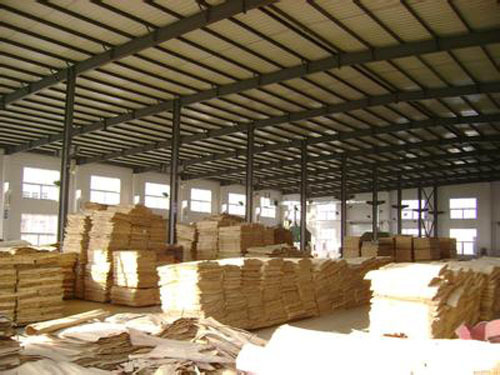At present, the "going out" model for building materials is about to start a new round of major changes, and capital "exports" will play the main melody. Indoor Lighting is an important part of indoor environment design, and indoor lighting design is conducive to people's activities and safe life. Indoor Lighting Indoor Lighting,Led Tube,Led Panel Light Guangzhou ZG Scaffolding.co.Ltd , https://www.zgscaffolding.com
“The “going out†of China’s building materials companies has shifted from being a product to a capital phase. This is an inevitable way for the building materials industry to resolve the serious overcapacity contradiction and achieve structural adjustment, transformation and upgrading.†Chairman of China Building Materials Federation Qiao Longde is At the "going out" forum held by China's building materials enterprises on September 18, it was stated that "but overseas investment in building materials companies is still in its infancy and faces many problems and challenges."
Capital "export" will play the main theme
Since the implementation of the "going out" strategy, China's building materials industry has achieved rapid development in its foreign cooperation and trade with the continuous improvement of technical equipment and product quality and functions, and has achieved remarkable results in export products, technical equipment and contracted projects. Results.
China's building materials companies have gone through three stages: “going globalâ€, “going globalâ€, “going globalâ€, complete sets of technical equipment, and “going out†of general project contracting. According to Qiao Longde, at present, not only has the production capacity of major building materials in China accounted for more than 50% of the world's total, but also the complete sets of technical equipment for industries such as cement, glass, glass fiber, ceramics, stone processing, and wall materials have reached or even exceeded the world's advanced level.
“Going out through products, outlets, and complete sets of technical equipment alone cannot meet the needs of the internationalization of China's building materials industry, so investment or mergers and acquisitions must be the starting point for future participation in international market competition,†he said. At present, China's building materials companies have "walked out" and have begun to leapfrog to the capital stage.
How does building materials capital "go out"? Qiao Longde explained that he truly invests in foreign companies. For example, he said that taking the cement industry as an example, many countries in the world have already affirmed China's technological level as the entire production line has led to the export of technology, equipment, and labor. For example, the Jidong Group has developed non-development** cement production lines in South Africa, and the Sinoma Group has acquired a cement company in India.
At the same time, there are also a number of projects in the glass, glass fiber, and wall materials that have entered the international market. The stone fiber glass tank kiln wire drawing production line with an annual output of 80,000 tons completed and put into operation on May 18 in Egypt by the Jushi Group is one of the representative projects.
From the initial product "going out" to the current capital "going out" is the demand for the development of the industry, and a major factor contributing to the continuous "going out" of building materials is the overcapacity.
Force of overcapacity in the industry
Excessive capacity in the building materials industry has long been an indisputable fact. Although the state has introduced a number of measures and measures to curb overcapacity, the total capacity of the industries such as cement and flat glass is still growing. Overcapacity is still a chronic problem in the building materials industry.
According to Qiao Longde, currently most of the traditional building materials industry in China has a production capacity of more than 50% of the world's total. There is a serious surplus in cement, flat glass, and other industries. “Going global†can not only resolve serious excess production capacity, but also reduce domestic waste. It can change the current situation of shortage of engineering resources and shortage of products in some developing countries.